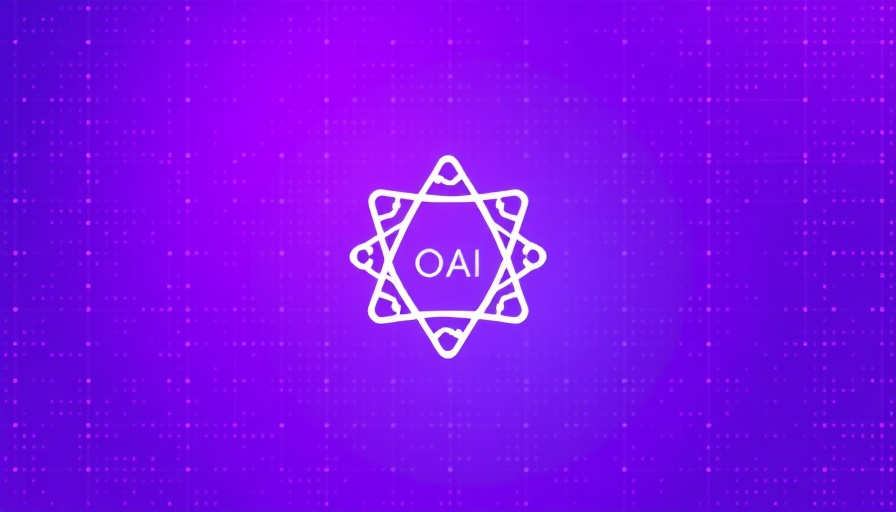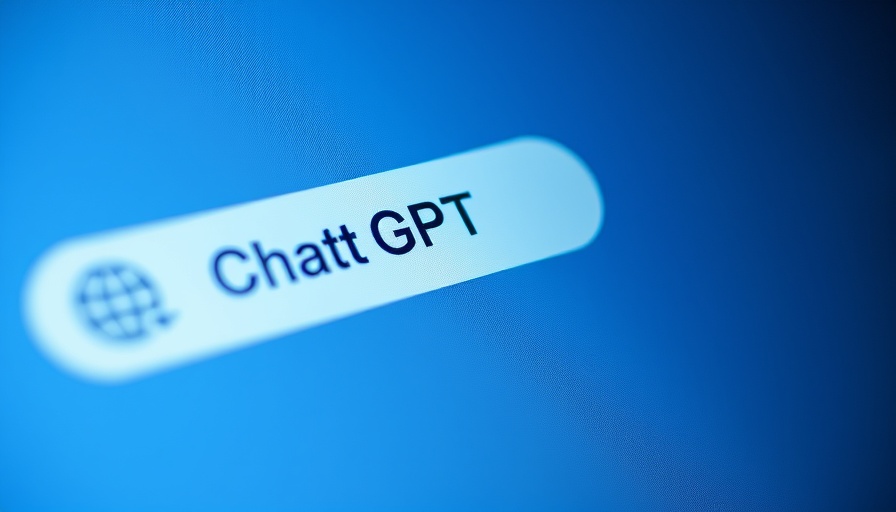
Ziff Davis Takes Legal Action Against OpenAI for Copyright Violations
Ziff Davis, the digital media powerhouse that owns popular platforms such as CNET and IGN, has initiated a significant lawsuit against OpenAI, claiming that the AI company has unlawfully reproduced its online articles to enhance its AI models. This legal maneuver highlights the growing friction between digital publishers and AI developers, raising critical questions about copyright and content use in the rapidly evolving tech landscape.
The Copyright Controversy
The heart of the lawsuit centers around accusations that OpenAI ignored Ziff Davis's explicit requests to refrain from scraping its content. Ziff Davis implemented a “robots.txt” file, a standard protocol indicating to web crawlers which parts of a site should not be accessed or analyzed. Despite these precautions, Ziff claims that OpenAI not only bypassed the rules but also actively removed copyright notices from the materials collected. This bold stance invites scrutiny over the boundaries of fair use and the ethical implications of AI training datasets.
Market Impact and Legal Precedents
With Ziff Davis boasting an impressive portfolio of 45 media brands and generating nearly 2 million articles annually, this lawsuit marks a pivotal moment in how AI companies handle proprietary content. As a leading publisher, Ziff’s legal actions come at a time when other media entities, such as Vox Media and The Associated Press, have opted for licensing agreements with OpenAI, effectively allowing access to their content under defined terms. The contrasting approach of Ziff Davis could catalyze further discussions about the rights of publishers in the age of AI.
Navigating the AI Landscape: Fair Use Explained
OpenAI maintains that its data practices align with fair use principles, arguing that it employs publicly available information to train its models. This raises a complex debate among legal experts regarding what constitutes fair use in the digital sphere. The Ziff Davis lawsuit emphasizes the need for clearer definitions and legal frameworks that protect the rights of content creators while fostering innovation in AI technologies.
Broader Implications for Journalism and AI
The outcome of this case could have far-reaching effects on both journalism and technological development. Journalists and content creators may face increasing pressure as AI technologies continue to reshape the landscape. Whether the courts uphold the rights of content providers or establish precedents favoring AI accessibility will significantly affect the future of content creation and distribution.
How Should Content Creators Respond?
The Ziff Davis case serves as a cautionary tale for content creators worldwide. It unpacks the importance of understanding copyright laws and the actions necessary to protect one’s work in an increasingly AI-driven environment. Creators might consider implementing more stringent access controls or seeking legal counsel to navigate the complexities of AI interaction with their content.
What Lies Ahead for AI and Copyright?
As the legal landscape evolves, so too will the interaction between AI technologies and content creators. Observers note that future trends may lean towards more robust protections for original content or greater transparency in AI training practices. This case could serve as a blueprint for how these interactions unfold, highlighting the need for ongoing dialogue among stakeholders in the media and tech sectors.
In conclusion, the Ziff Davis lawsuit against OpenAI could set significant legal precedents regarding copyright in the age of artificial intelligence. The implications for digital media, journalism, and AI development are immense, and as we move forward, it is essential for entrepreneurs and creators to stay informed about these evolving dynamics. For further insights into the intersection of AI and copyright, be sure to follow our weekly AI roundups!
 Add Row
Add Row  Add
Add 




 Add Row
Add Row  Add
Add 

Write A Comment